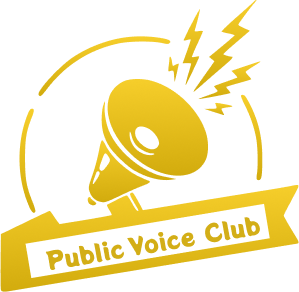Customer relationship management (CRM) tools have become a staple in modern businesses, offering a way to manage customer information, track interactions, and ultimately improve customer satisfaction. But how do CRM tools compare to traditional sales methods when it comes to building loyalty with customers? Let’s take a closer look at the differences between CRM and traditional sales techniques and which one is ultimately more effective for building customer loyalty.
What is CRM?
CRM stands for Customer Relationship Management, and it refers to the tools and strategies that businesses use to manage relationships and interactions with customers and potential customers. CRM software allows businesses to store customer information, track interactions, and automate certain processes, all with the goal of improving customer satisfaction and ultimately increasing sales.
Benefits of CRM Tools
One of the key benefits of using CRM tools is the ability to centralize customer information and interactions. This allows businesses to have a more comprehensive view of each customer, which can lead to more personalized interactions and ultimately improve customer loyalty. CRM tools also often include automation features, such as email marketing and lead management, which can help businesses stay in touch with customers and prospects more effectively.
Traditional Sales Methods
Traditional sales methods, on the other hand, often involve more manual processes and less focus on customer data and relationships. While traditional sales techniques can still be effective, they may not be as personalized or data-driven as CRM tools. Traditional sales methods often rely on face-to-face interactions, cold calling, and more general marketing techniques to attract and retain customers.
Building Customer Loyalty
When it comes to building customer loyalty, CRM tools have a clear advantage over traditional sales methods. By centralizing customer data and interactions, businesses can better understand their customers’ needs and preferences, allowing them to tailor their offerings and communications accordingly. This personalized approach can help build stronger relationships with customers and ultimately increase loyalty and repeat business.
Tracking Customer Interactions
CRM tools also offer the ability to track customer interactions more effectively than traditional sales methods. By recording every interaction with a customer, businesses can see a complete history of their relationship, including previous purchases, inquiries, and feedback. This data can be invaluable for understanding customer behavior and preferences, and for identifying trends that can help improve products and services.
Automation and Efficiency
Another advantage of CRM tools is the automation and efficiency they offer. By automating certain processes, such as email marketing campaigns or lead management, businesses can save time and resources, allowing them to focus on more strategic tasks. This can lead to a more streamlined and effective sales process, which can ultimately result in happier customers and increased loyalty.
Which is Better for Customer Retention?
When it comes to building customer loyalty and retention, CRM tools are clearly the winner. By providing a more personalized and data-driven approach to customer management, CRM tools can help businesses better understand and serve their customers, ultimately leading to increased loyalty and satisfaction. Traditional sales methods, while still effective in some cases, may not offer the same level of insight and efficiency as CRM tools.
Conclusion
In conclusion, CRM tools offer a more efficient and effective way to build customer loyalty compared to traditional sales methods. By centralizing customer data, tracking interactions, and automating certain processes, businesses can better understand and serve their customers, ultimately leading to increased loyalty and satisfaction. While traditional sales methods still have their place, CRM tools are clearly the way of the future when it comes to building strong customer relationships and driving repeat business.
